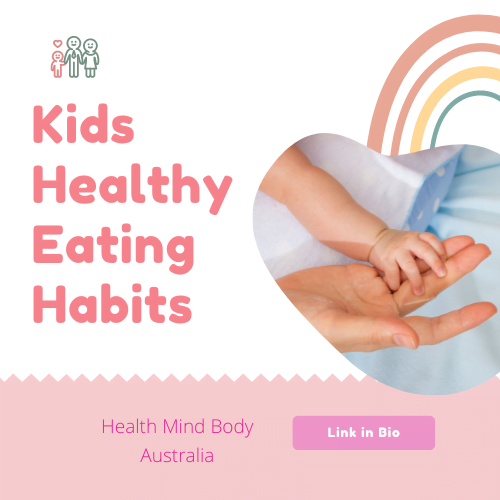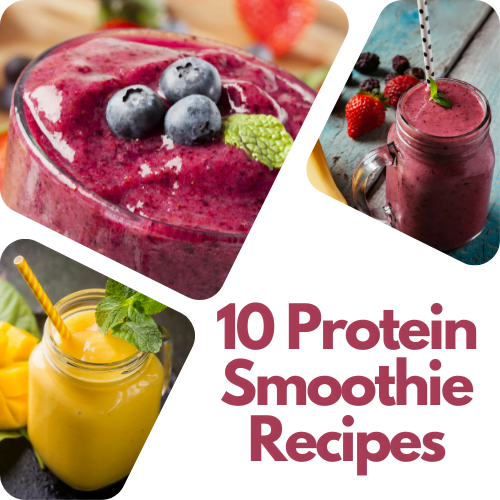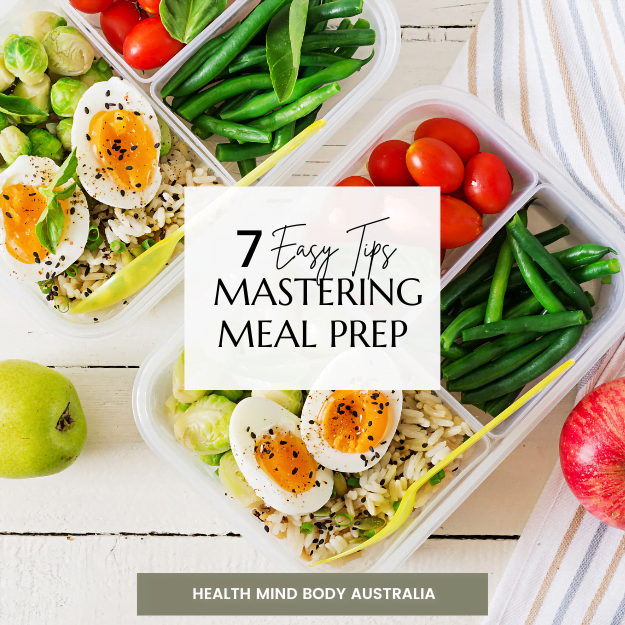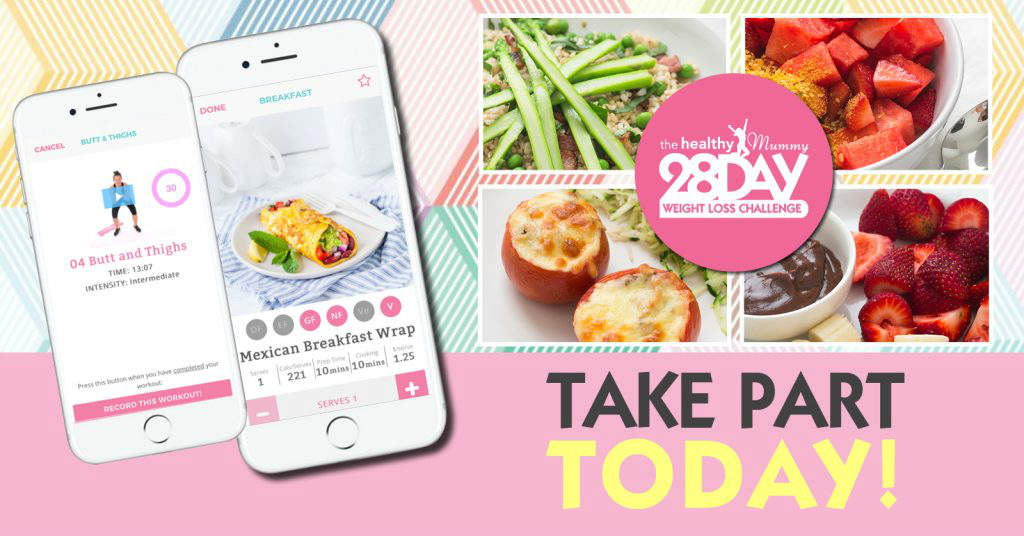This page contains affiliate links. If you choose to make a purchase after clicking a link, I may receive a commission at no additional cost to you.
Swap Out Processed Snacks for Whole Foods
When it comes to maintaining a healthy diet, one of the most impactful changes you can make is swapping out processed snacks for wholesome alternatives.
Processed snacks, such as chips and biscuits, are notorious for being high in calories, unhealthy fats, sodium, and empty calories.
Not only do they lack essential nutrients, but they can also wreak havoc on your blood sugar levels, causing spikes and crashes that leave you feeling fatigued and irritable.
By opting for whole foods, such as fruits, vegetables, and nuts, you can provide your body with a wide array of benefits while satisfying your cravings.
Transforming your diet and prioritising your well-being starts with simple yet powerful choices.
The consumption of processed foods in Australia has been a concern in recent years, as it has increased significantly.
According to a report published by the Australian Institute of Health and Welfare (AIHW) in 2018, approximately 33% to 36% of Australians’ total daily energy intake came from discretionary food and drinks, which include processed foods.
Processed foods include a wide range of products, from minimally processed items like canned vegetables to highly processed foods such as ready-to-eat meals, sugary snacks, and soft drinks.
It’s important to note that not all processed foods are unhealthy, as some can be part of a balanced diet. However, excessive consumption of highly processed foods high in added sugars, unhealthy fats, and sodium can have negative health impacts.
Let’s explore the reasons why swapping out processed snacks for whole foods is a game-changer.
Packed with Essential Nutrients
Whole foods like fruits, vegetables, and nuts are not only delicious but also packed full of essential vitamins, minerals, and fibre.
These nutrients are vital for supporting your overall health and well-being, providing your body with the nourishment it needs to thrive.
By choosing whole foods as your go-to snacks, you can ensure that you’re fueling your body with nutrients that promote optimal functioning.
Fruits, vegetables, and nuts are not only delicious but also powerhouses of nutrients.
These vital components are instrumental in supporting overall health and well-being.
By opting for whole foods as your go-to snacks, you can ensure that your body receives the nourishment it needs to thrive.
Stable Blood Sugar Levels
One of the significant advantages of opting for whole foods over processed snacks is their impact on blood sugar levels.
Unlike processed snacks, which can send your blood sugar levels on a rollercoaster ride, whole foods are digested more slowly, leading to a more gradual and stable release of energy.
This steady energy supply helps to maintain consistent blood sugar levels, preventing the energy crashes and mood swings commonly associated with processed snacks.
The sudden spikes and crashes associated with processed foods can leave you feeling drained and irritable.
Whole foods, on the other hand, are digested more slowly, resulting in a gradual and stable release of energy.
Increased Satiety
Have you ever noticed how you can easily consume a large portion of processed snacks without feeling satisfied?
That’s because these snacks are often designed to be highly palatable and encourage overeating.
On the other hand, whole foods are naturally more filling due to their high fibre and water content.
By choosing whole foods as your snack options, you’ll feel more satiated, reducing the temptation to reach for additional unhealthy snacks.
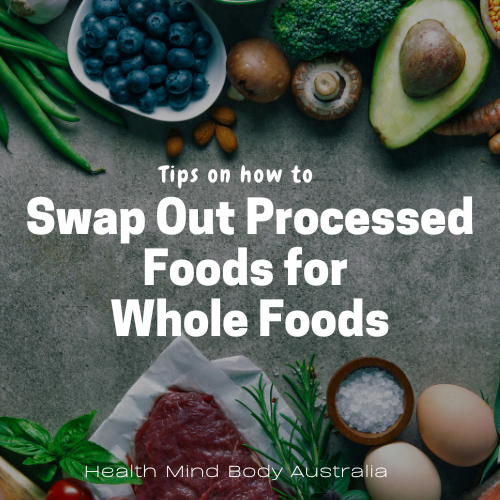
Improved Energy Levels
Feeling sluggish and fatigued after indulging in processed snacks is a common experience.
The post-indulgence slump after consuming processed snacks is all too familiar.
Thankfully, making the switch to whole foods can lead to a significant improvement in your energy levels.
The nutrients present in whole foods provide a sustainable and steady source of energy, keeping you energised throughout the day.
Say goodbye to the mid-afternoon energy crashes and hello to increased vitality and productivity.
Reduced Risk of Chronic Diseases
Processed snacks are often laden with unhealthy ingredients like trans fats, added sugars, and excessive sodium, which can contribute to the development of chronic diseases.
In contrast, whole foods offer a range of protective compounds, such as antioxidants and phytochemicals (naturally occurring compounds found in plants), that help combat inflammation and oxidative stress in the body.
By incorporating whole foods into your diet, you can reduce the risk of chronic conditions like heart disease and diabetes while supporting long-term health.
Improved Digestive Health
Another advantage of swapping out processed snacks for whole foods is the positive impact on your digestive health.
Whole foods, especially fruits, and vegetables, are rich in fibre, which plays a crucial role in maintaining a healthy digestive system.
Fibre helps promote regular bowel movements, prevents constipation, and supports a diverse and thriving gut microbiota.
By embracing whole foods, you’ll not only nourish your body but also support the proper functioning of your digestive system.
Weight Management and Healthy Body Composition
Incorporating whole foods into your diet can have a positive impact on weight management and achieving a healthy body composition.
Processed snacks are often high in calories, unhealthy fats, and sugars, which can contribute to weight gain and an imbalance in body composition.
Whole foods, on the other hand, tend to be lower in calories, higher in fibre, and more nutrient-dense, making them a healthier choice for maintaining a healthy weight.
When you swap out processed snacks for whole foods, you’re likely to consume fewer empty calories and more filling, nutrient-rich options.
Whole foods provide the necessary nutrients your body needs while promoting feelings of fullness and satisfaction.
This can help control your appetite, prevent overeating, and support a healthier body weight over time.
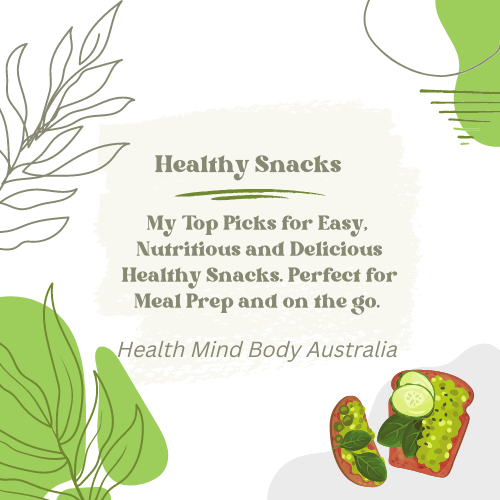
Enhanced Mental Well-being
The impact of food on mental well-being is becoming increasingly recognised.
Studies have shown that a diet rich in whole foods is associated with improved mood, reduced symptoms of depression and anxiety, and better overall mental health.
Processed snacks, on the other hand, have been linked to a higher risk of mental health issues.
Whole foods contain nutrients such as omega-3 fatty acids, B vitamins, magnesium, and antioxidants, which are known to support brain health and function.
These nutrients contribute to the production of neurotransmitters, regulate mood, reduce inflammation, and provide protection against oxidative stress which are all factors that can influence mental well-being.
By choosing whole foods as your snacks, you’re nourishing your body and mind, promoting a positive and balanced mental state.
Environmental Sustainability
The choice to swap out processed snacks for whole foods not only benefits your health but also has a positive impact on the environment.
Processed snacks often undergo extensive processing, packaging, and transportation, which can contribute to carbon emissions and environmental degradation.
Whole foods, particularly those sourced locally and sustainably, have a smaller environmental footprint. Choosing seasonal fruits and vegetables, supporting local farmers, and opting for minimally processed snacks can help reduce greenhouse gas emissions, conserve resources, and promote a more sustainable food system.
By making mindful choices and opting for whole foods, you can contribute to a healthier planet for future generations.
Tips for Swapping Out Processed Foods For Whole Foods
Here are some practical ideas and tips to help you swap out processed foods for whole foods in your daily life:
Stock up on Fresh Fruits and Vegetables
Fill your kitchen with a variety of colourful fruits and vegetables.
Choose seasonal produce for optimal freshness and flavour.
Keep them easily accessible by washing, chopping, and storing them in portioned containers or in a visible spot in the refrigerator.
Make Whole Grain Swaps
Replace refined grains like white bread, pasta, and rice with whole grain alternatives such as whole wheat bread, quinoa, brown rice, and whole grain pasta.
These options provide more fibre, vitamins, and minerals, keeping you fuller for longer.
Snack on Nuts and Seeds
Keep a selection of unsalted nuts and seeds, such as almonds, walnuts, sunflower seeds, and pumpkin seeds, on hand for convenient and nutritious snacks.
They provide healthy fats, protein, and essential nutrients.
Choose Lean Protein Sources
Opt for lean protein options like skinless poultry, fish, legumes (beans, lentils, chickpeas), and tofu.
These options are rich in protein and lower in unhealthy fats compared to processed meats.
Homemade Smoothies and Juices
Instead of reaching for sugary beverages or processed fruit juices, make your own smoothies and juices using fresh fruits and vegetables.
This way, you can control the ingredients and avoid added sugars.
Prep and Pack Healthy Snacks
Plan ahead and prepare your snacks in advance.
Cut up vegetables like carrots, cucumbers, and capsicum and pack them in snack-sized bags or containers.
Pair them with hummus or Greek yogurt for added flavour and protein.
Choose Whole Food-based Snacks
Instead of grabbing a bag of chips or cookies, satisfy your cravings with whole food-based snacks.
Enjoy a handful of grapes, apple slices with nut butter, a handful of trail mix (with no added sugars), or a homemade energy bar made with whole ingredients.
Read Labels Carefully
When buying packaged foods, read the ingredient list and nutrition labels.
Avoid products with long lists of unrecognisable ingredients or high amounts of added sugars, unhealthy fats, and sodium.
Cook Meals from Scratch
Whenever possible, cook your meals from scratch using fresh, whole ingredients.
This way, you have control over the quality and nutritional value of your meals, and you can experiment with different flavours and combinations.
Stay Hydrated with Water
Replace sugary beverages like soda, sports drinks, and flavoured juices with plain water.
Add slices of lemon, lime, or cucumber for a refreshing twist.
Remember, making gradual changes and finding healthier alternatives that you enjoy is key to successfully swapping out processed foods for whole foods.
Start small, be mindful of your choices, and celebrate the positive changes you’re making towards a healthier lifestyle.
Final Thoughts – Swap Out Processed Snacks for Whole Foods
Embrace the power of whole foods by incorporating a variety of colourful fruits, vegetables, nuts, seeds, legumes, and whole grains into your daily snacking routine.
By replacing processed snacks with wholesome alternatives, you can transform your diet and improve your overall health.
The simple act of choosing whole foods like fruits, vegetables, and nuts provides your body with essential nutrients, stabilises blood sugar levels, increases satiety, boosts energy levels, reduces the risk of chronic diseases, aid in weight management, enhance mental well-being, supports digestive health and promote environmental sustainability.
Making these swaps is a small change that can have a significant impact on your well-being.
So, next time you reach for a bag of chips or biscuits, consider reaching for a piece of fruit or a handful of nuts instead.
Your body will thank you for it.
In fact, your body, mind, and the planet will thank you for this nourishing shift.
So, choose whole foods and savour the benefits of a healthier, happier, and more sustainable lifestyle.
What are your favourite whole foods to snack on? Let me know on my socials.
Amy xx
This page contains affiliate links. If you choose to make a purchase after clicking a link, I may receive a commission at no additional cost to you.

